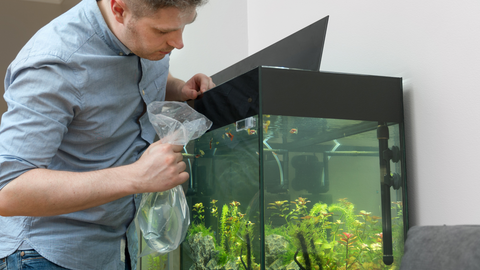 Hey new Fish Keeper! Are you new to the hobby of freshwater aquariums and tropical fish? Looking to set up your very first tank? Congratulations, you're about to embark on an exciting journey filled with vibrant colors, interesting behaviors, and peaceful serenity. But before you dive in (pun intended), there are some beginner mistakes that you'll want to avoid to ensure a successful and enjoyable experience for both you and your fish.
Hey new Fish Keeper! Are you new to the hobby of freshwater aquariums and tropical fish? Looking to set up your very first tank? Congratulations, you're about to embark on an exciting journey filled with vibrant colors, interesting behaviors, and peaceful serenity. But before you dive in (pun intended), there are some beginner mistakes that you'll want to avoid to ensure a successful and enjoyable experience for both you and your fish.
As someone who's been in the hobby for a while now, I've made my fair share of mistakes (as all fish keepers have) , but I've also learned a lot along the way. That's why I want to share my top 5 beginner mistakes to avoid when setting up your freshwater aquarium. These tips will help you avoid common mistakes and set you on the right track towards creating a beautiful and thriving underwater world for your aquatic pets.
So, let's dive right in and get started with mistake number 1
Mistake #1: Not researching before starting
One of the biggest mistakes that beginners make when setting up their first freshwater aquarium is not doing enough research beforehand. I get it, it's exciting to start a new hobby and you just want to jump right in, but trust me, doing some research beforehand will save you a lot of time and money in the long run.
When I first got into the hobby, I thought I could just buy a tank, throw some fish in there, and call it a day. But boy, was I wrong. There are so many things to consider when setting up an aquarium, such as tank size, equipment, water parameters, and fish species, just to name a few. Without doing proper research, you run the risk of making poor decisions and potentially harming your fish.
So, before you even think about buying a tank, take some time to do your research. Read articles, watch videos, and talk to experienced hobbyists. Learn about the nitrogen cycle, water parameters, and the different types of fish and plants you can keep in your tank. Doing so will help you make informed decisions and set you up for success in the long run.

Mistake #2: Overstocking the tank
Another common mistake that beginners make when setting up their freshwater aquarium is overstocking the tank. It's easy to get carried away and want to fill your tank with all sorts of fish and plants, but the reality is that your tank can only handle so much.
Overstocking can lead to a number of problems, including poor water quality, increased stress on your fish, and even disease outbreaks. It's important to research the specific needs of each species of fish you want to keep, including their size, behavior, and preferred water parameters. From there, you can determine how many fish your tank can comfortably accommodate.
Remember, it's always better to err on the side of caution when it comes to stocking your tank. A less crowded tank will be easier to maintain and provide a healthier environment for your fish to thrive in. So, resist the temptation to add too many fish at once and be patient as you gradually build up your aquarium community over time.

Mistake #3: Not cycling the tank
Cycling your tank is an essential step in setting up a healthy and thriving freshwater aquarium. Unfortunately, it's also a step that many beginners overlook or don't fully understand.
The nitrogen cycle is the process by which beneficial bacteria break down fish waste and other organic matter in the tank into less harmful compounds. This process is crucial for maintaining good water quality and a healthy environment for your fish.
To cycle your tank, you need to establish a colony of these beneficial bacteria. This can be done by adding a source of ammonia to the tank, such as fish food or pure ammonia, and allowing it to break down over several weeks. During this time, the bacteria will begin to colonize the tank and establish a stable biological filter.
Many beginners make the mistake of adding fish to the tank before it's fully cycled. This can lead to a buildup of harmful ammonia and nitrite levels, which can be deadly for your fish. So, make sure you take the time to cycle your tank properly before adding any fish. It may take a few weeks, but it's well worth the wait to ensure a healthy and happy aquatic community.
If you want to learn more about cycling an aquarium, you can read about it here
Mistake #4: Neglecting water changes
Water changes are an important part of maintaining a healthy and stable freshwater aquarium. They help remove excess nutrients, waste, and other pollutants from the water, which can accumulate over time and harm your fish.
Unfortunately, many beginners neglect water changes or don't do them frequently enough. This can lead to poor water quality, which can stress or even kill your fish.
The frequency and amount of water changes needed will depend on several factors, such as the size of your tank, the number of fish, and how heavily planted your tank is. As a general rule, it's recommended to do a 20% water change once a week, or more frequently if needed.
In addition to regular water changes, it's also important to use a dechlorinator when adding new water to the tank. This will help remove any harmful chemicals or chlorine that may be present in your tap water.
So, don't neglect your water changes! It may not be the most exciting part of aquarium maintenance, but it's essential for the health and wellbeing of your fish.

Mistake #5: Not monitoring water parameters
Water parameters such as temperature, pH, and ammonia levels are crucial for maintaining a healthy freshwater aquarium. Unfortunately, many beginners don't monitor these parameters regularly, which can lead to a range of problems.
For example, if the temperature in your tank is too high or too low, it can stress or even kill your fish. Similarly, if the pH is too acidic or alkaline, it can harm your fish and affect the growth of plants in your tank.
Monitoring your water parameters is relatively easy and can be done with a test kit or electronic meter. Test kits are inexpensive and readily available at most pet stores, and they can help you keep track of the levels of ammonia, nitrite, nitrate, pH, and other important parameters. We recommend, the API Master Test Kit
By monitoring your water parameters regularly, you can catch any issues before they become a serious problem. It's also important to make adjustments slowly and gradually, as sudden changes in water parameters can also stress your fish.
So, don't neglect your water parameters! Keep an eye on them regularly and make adjustments as needed to keep your aquarium community healthy and happy.
Bonus Mistake: Overfeeding your fish
Overfeeding your fish is a common mistake that many beginners make. It's easy to get excited about feeding your fish, but it's important to remember that too much food can harm your fish and affect the water quality in your tank.
When you overfeed your fish, the excess food can decompose and produce harmful ammonia and nitrite, which can lead to poor water quality. In addition, uneaten food can also create debris on the bottom of your tank, which can contribute to the growth of harmful bacteria.
To avoid overfeeding your fish, it's important to feed them the right amount of food for their size and species. A good rule of thumb is to feed them only as much as they can eat in 30 seconds to a minute, once or twice a day. As a note, a fishes stomach is only about the size of its eyes.
Remember, a healthy and balanced diet is important for your fish, but so is maintaining good water quality in your tank. So, don't overfeed your fish, and be sure to remove any uneaten food from the tank after feeding time.
In conclusion, setting up and maintaining a freshwater aquarium can be a rewarding and enjoyable hobby. However, it's important to avoid common beginner mistakes to ensure the health and wellbeing of your fish and plants.
Remember to research and plan ahead before setting up your aquarium, choose appropriate fish and plants for your tank, provide proper filtration and lighting, perform regular water changes, monitor water parameters, and avoid overfeeding your fish.
By following these tips and avoiding these common mistakes, you can create a beautiful and healthy aquatic environment for your fish and plants to thrive in. Happy fishkeeping!

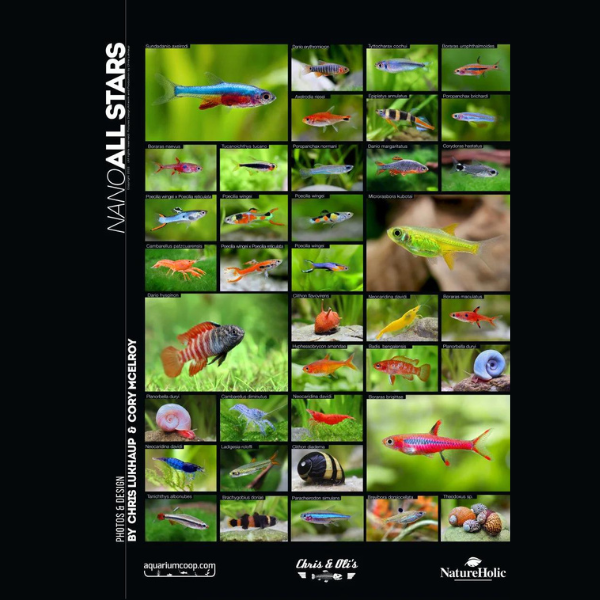
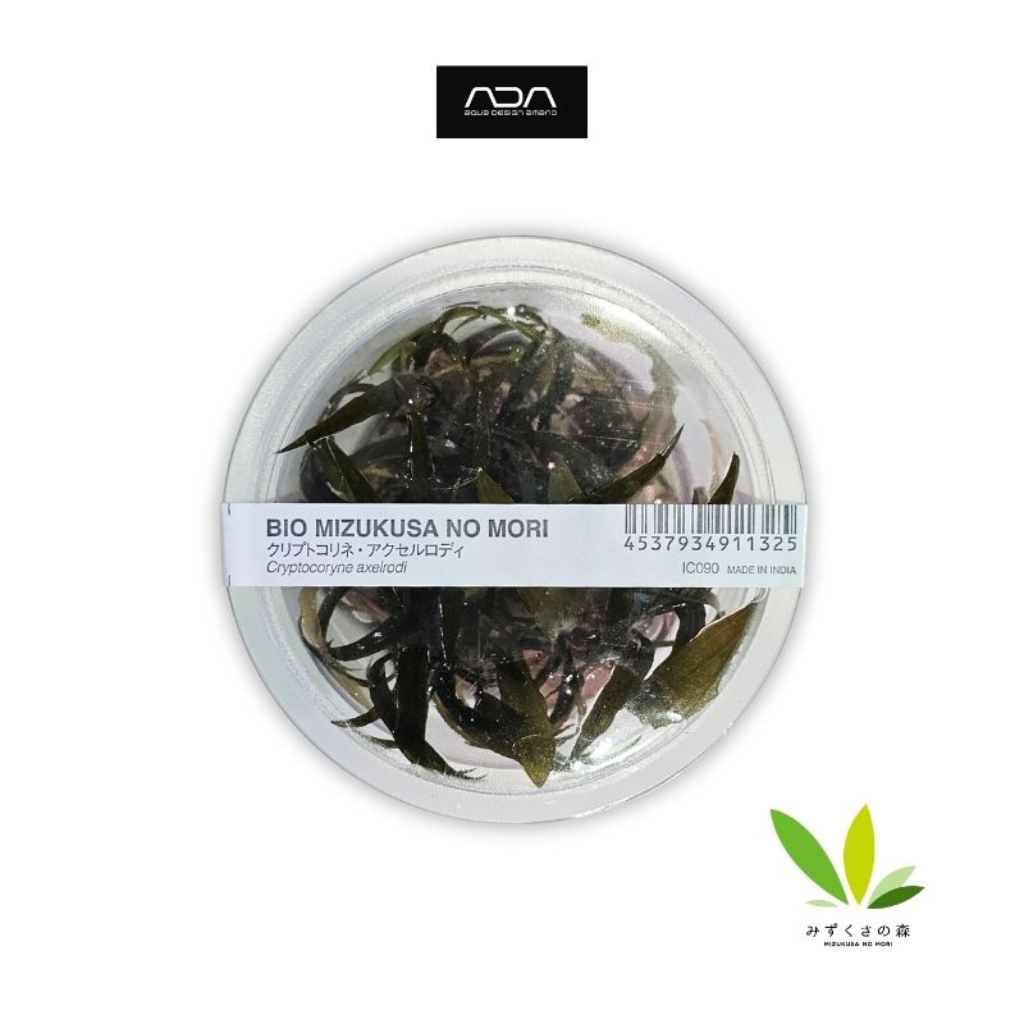
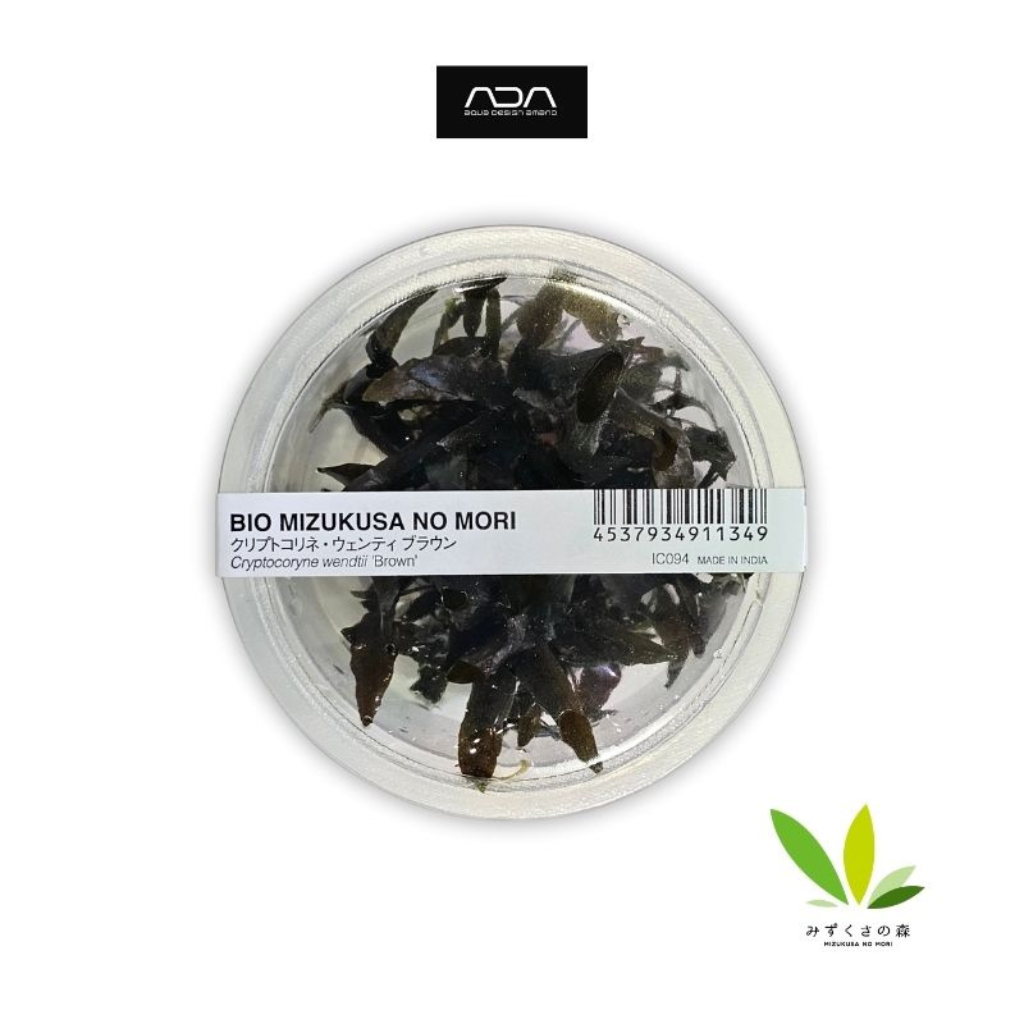
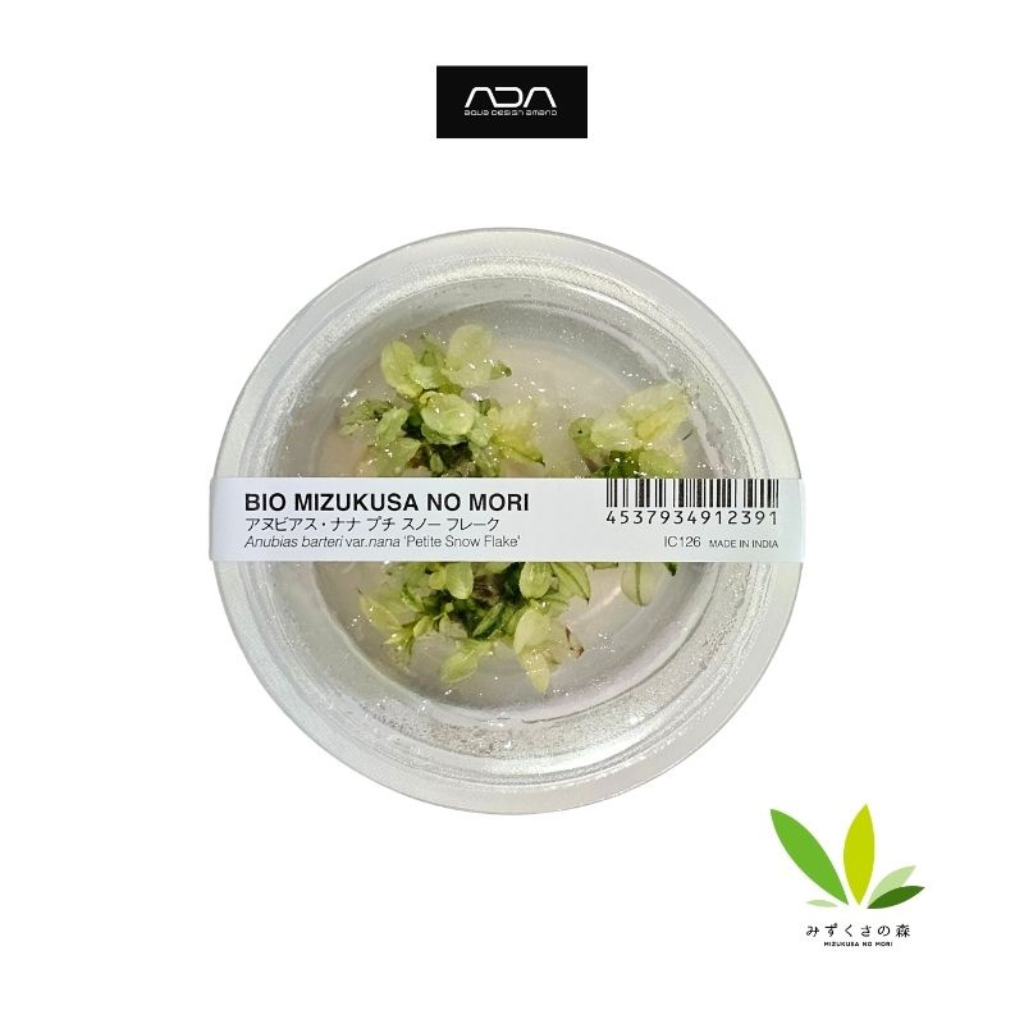

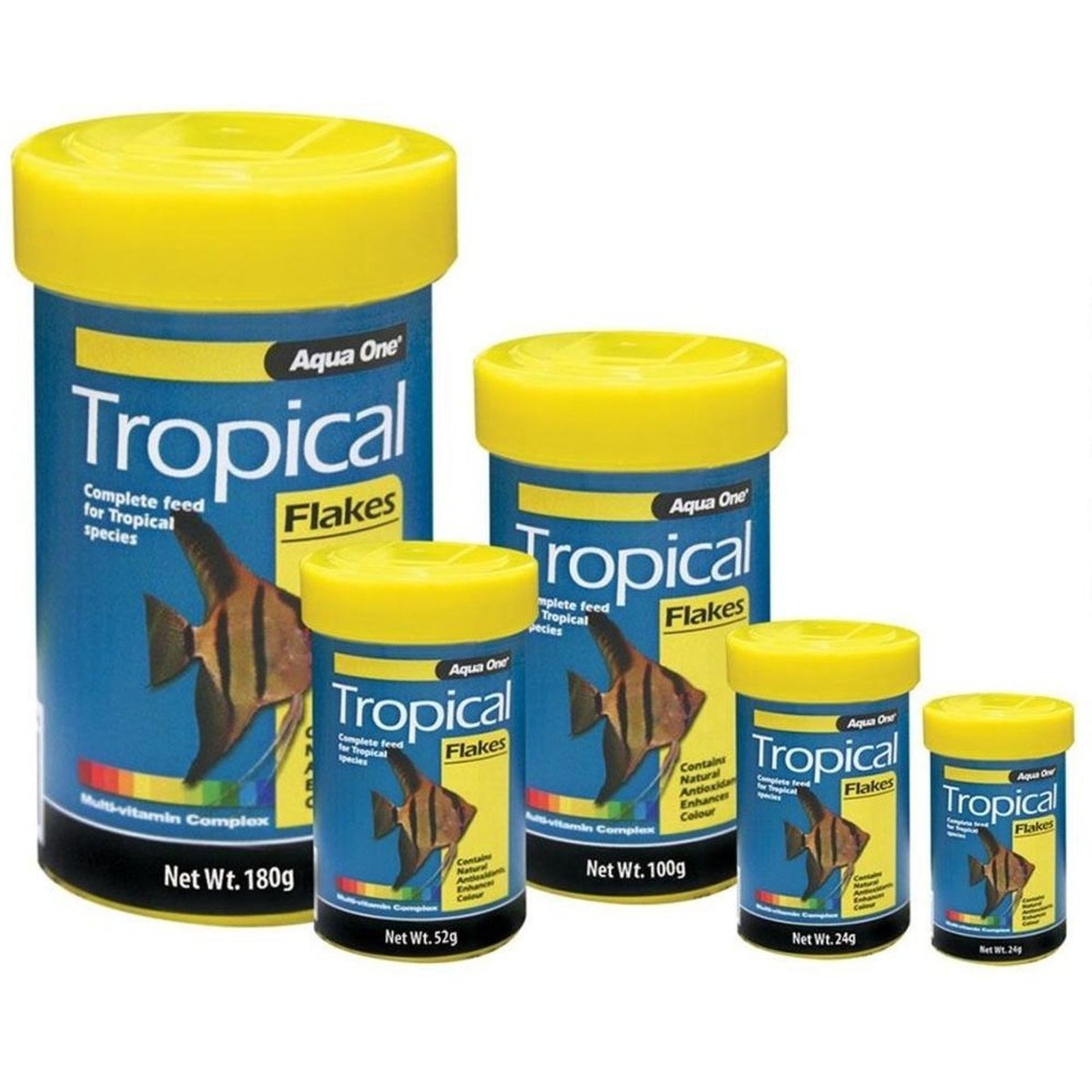
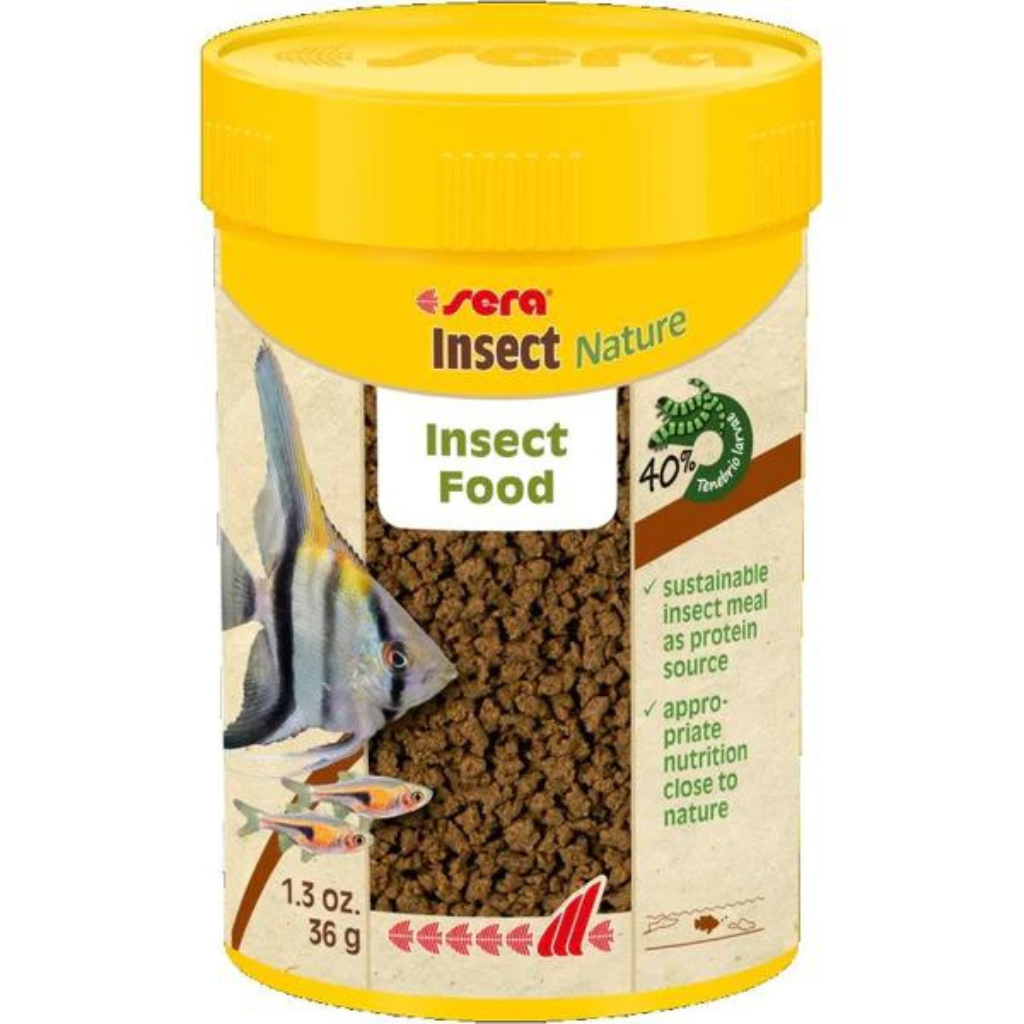
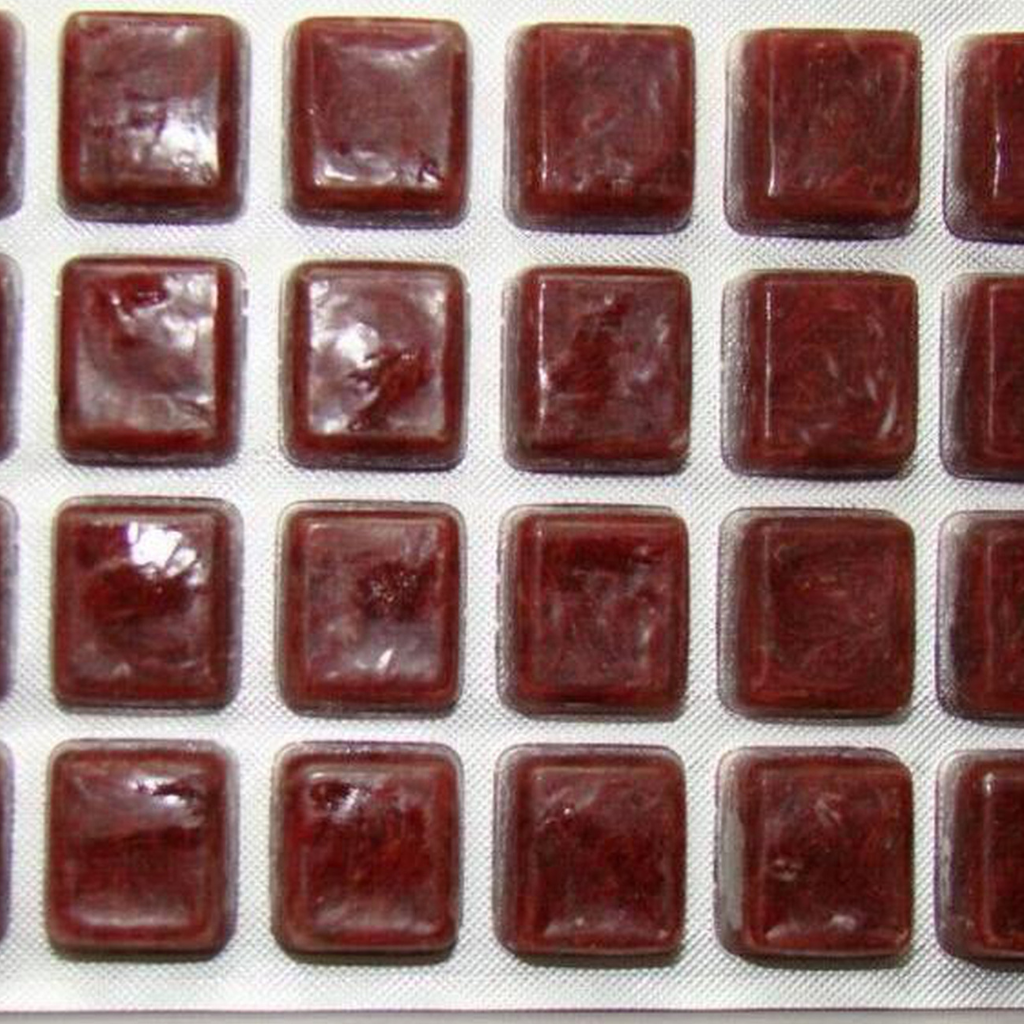
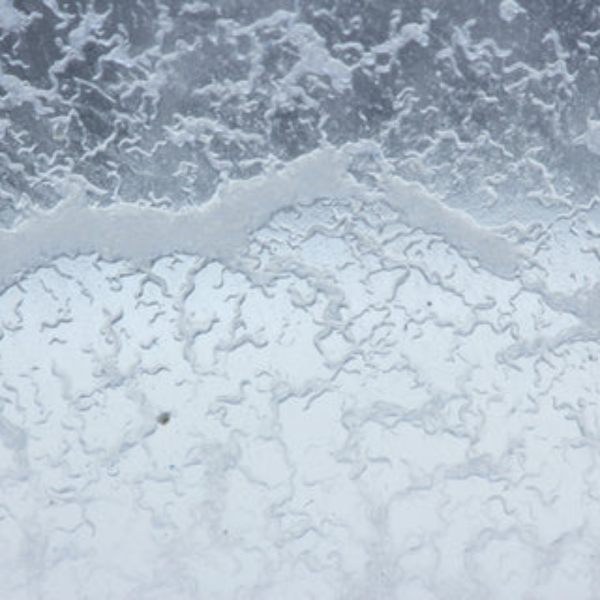
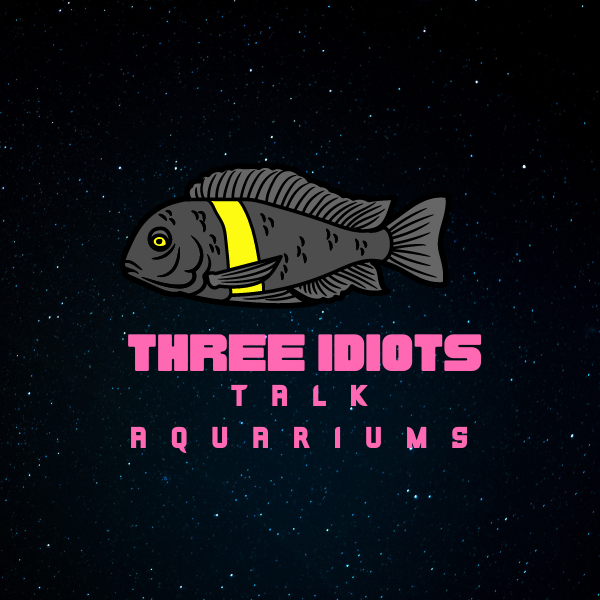



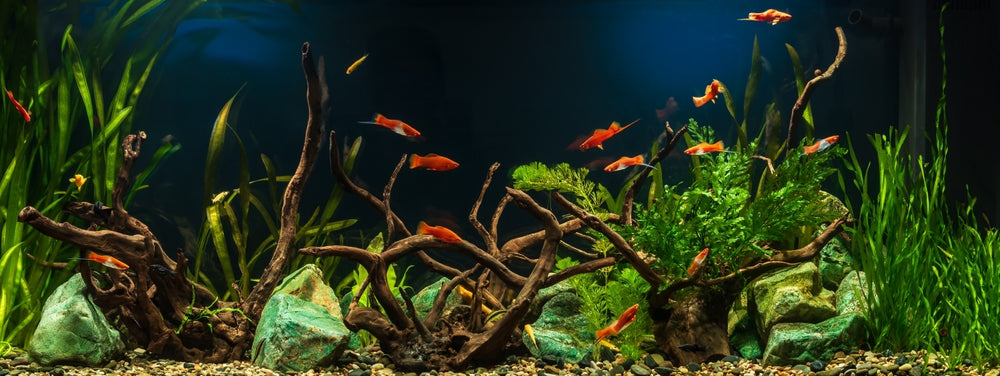


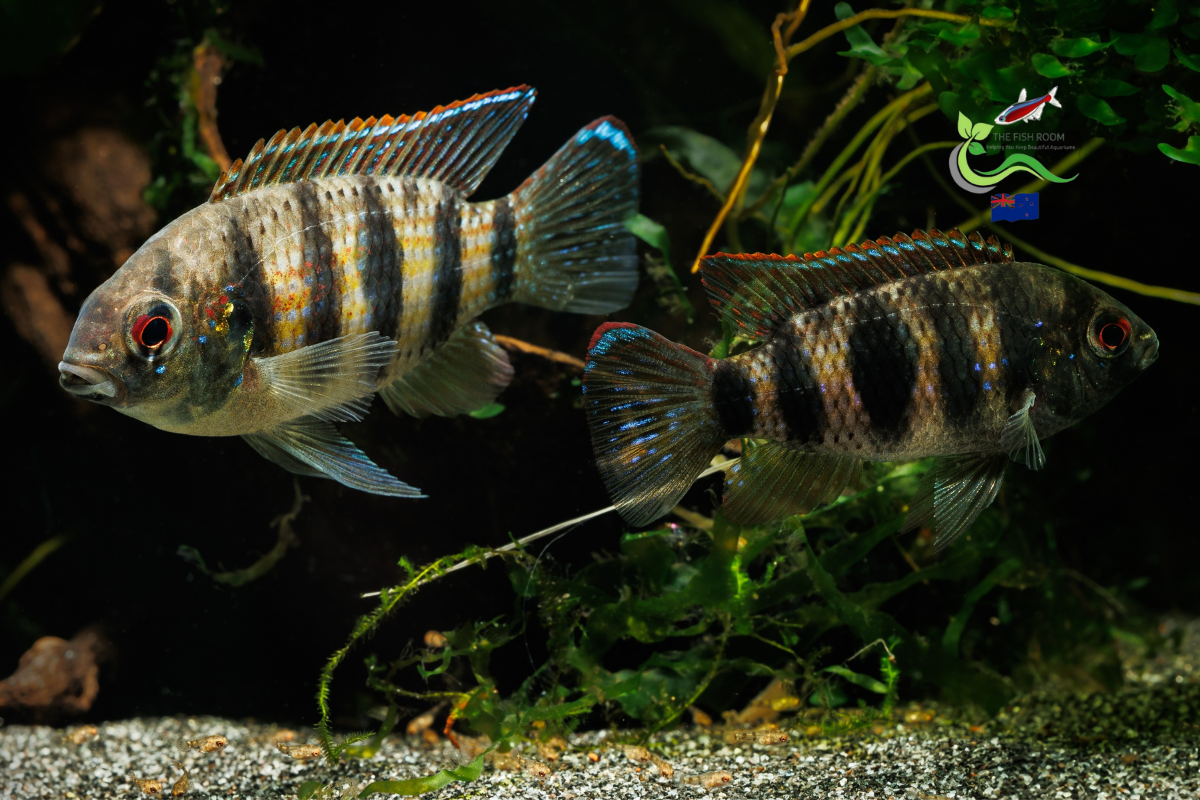
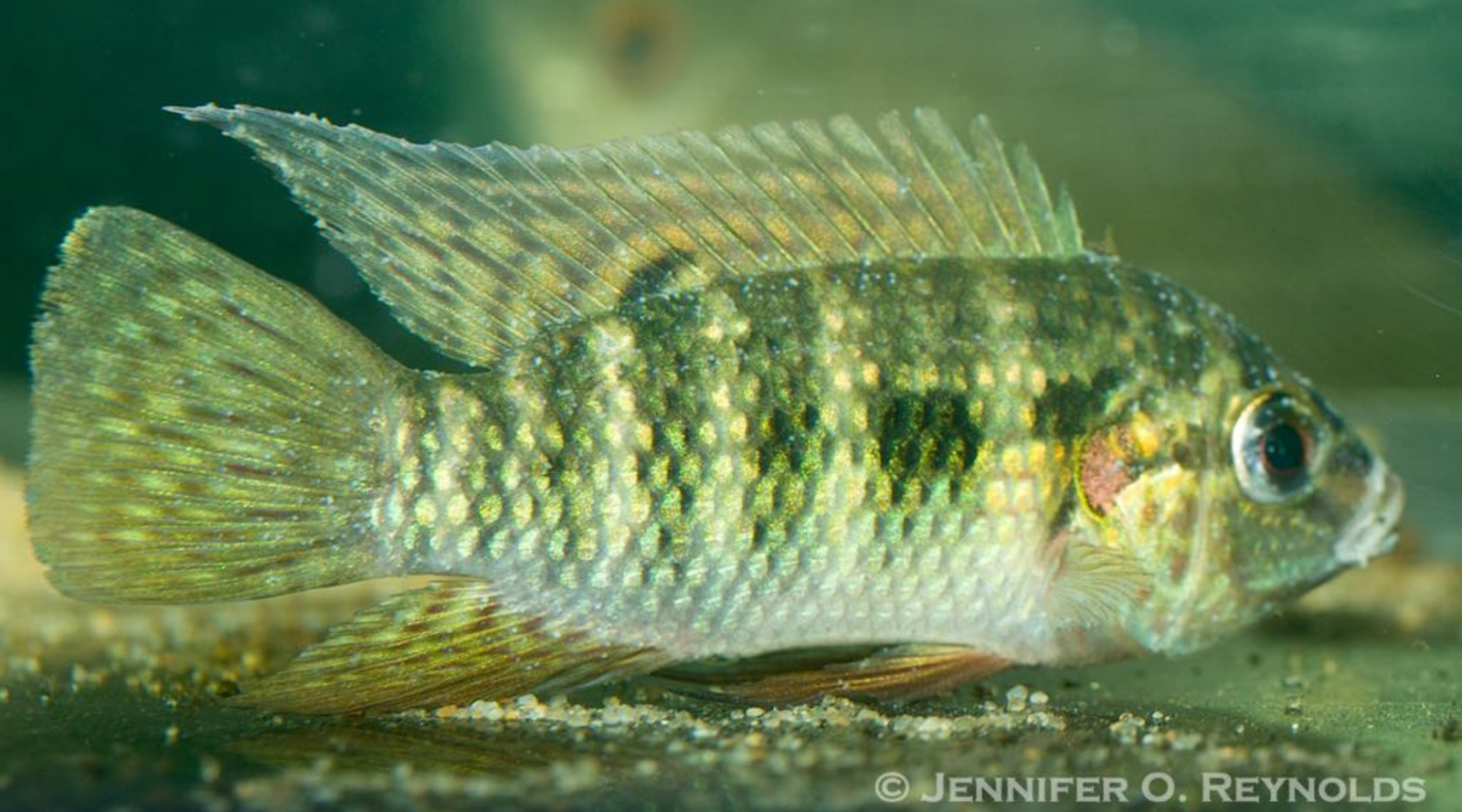
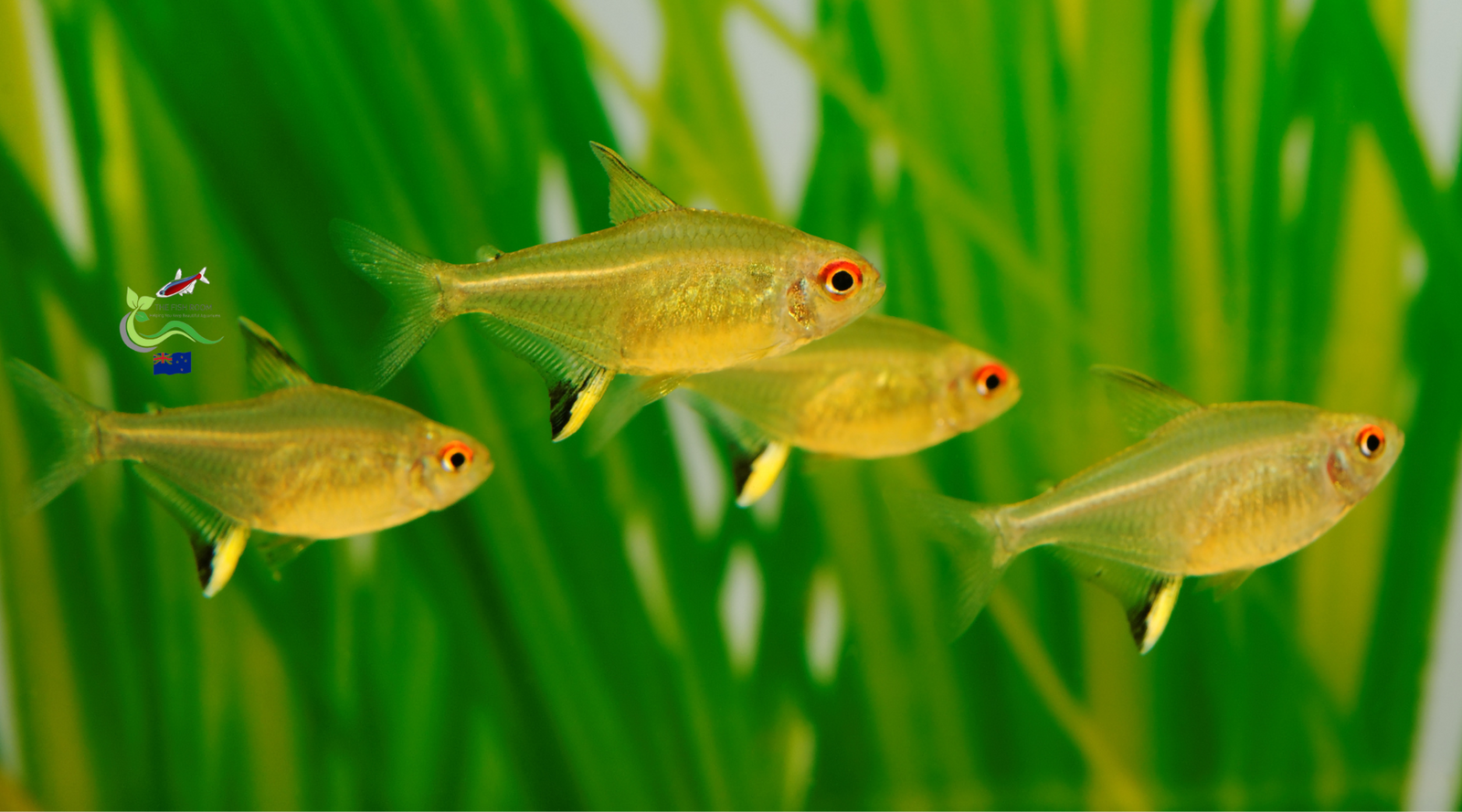
Leave a comment (all fields required)